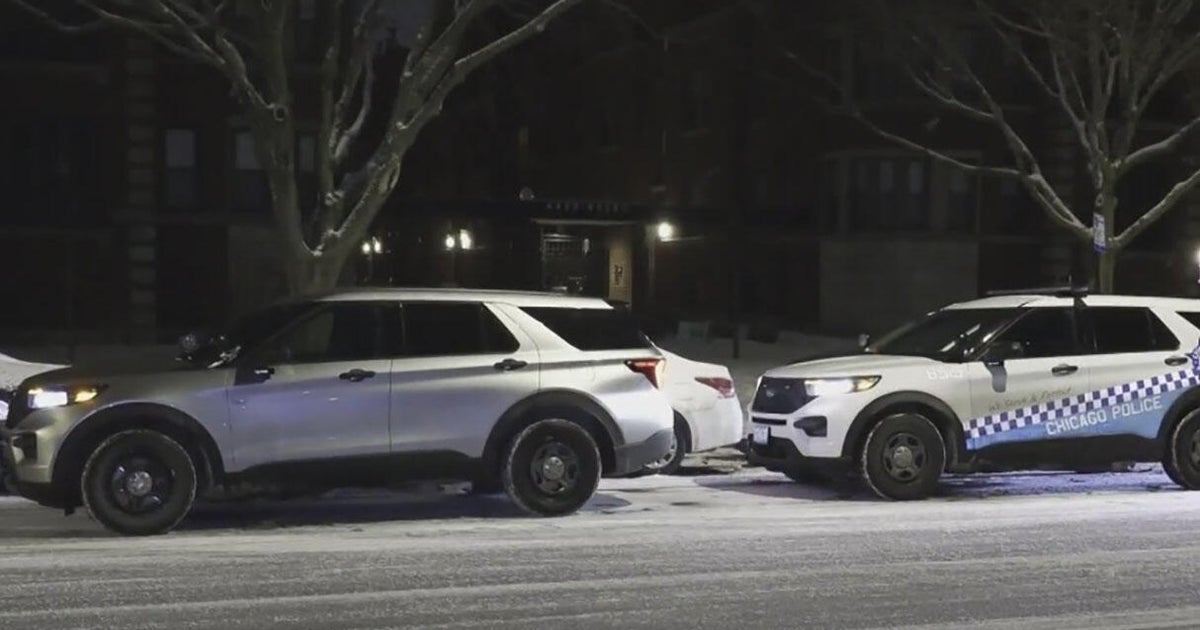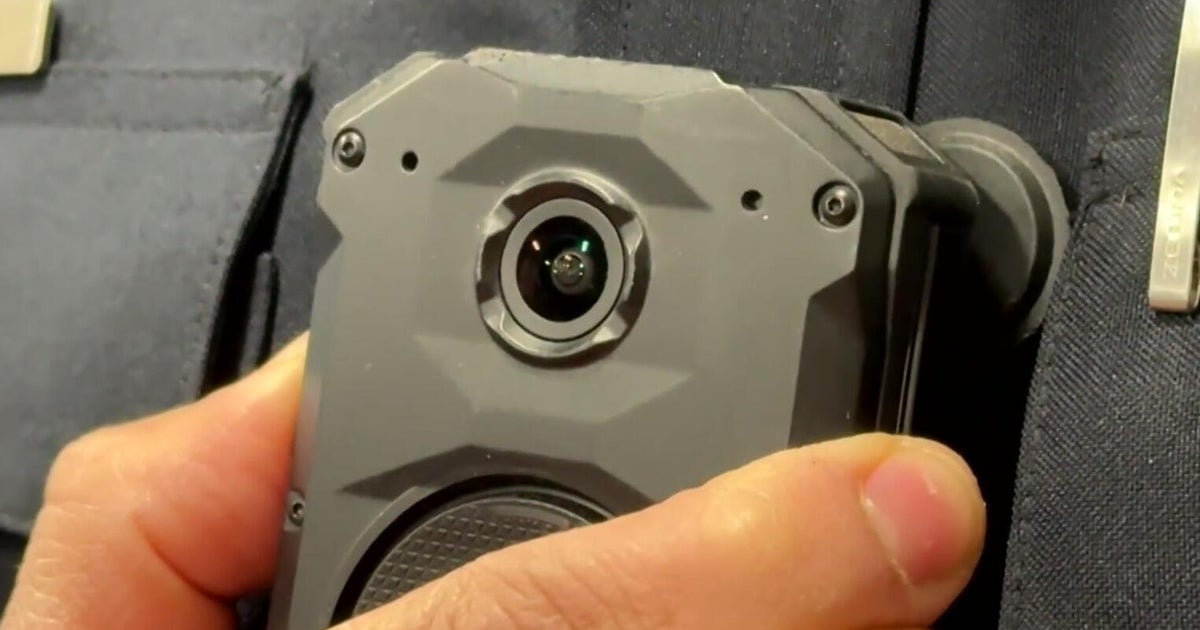Rush Using New More Accurate Tests For Prostate Cancer
New Technology Improves Prostate Cancer Detection
CHICAGO (CBS) -- Doctors at a Chicago hospital have recently started using new technology to more accurately detect possible problem areas on men's prostates.
The new technology is being used at Rush University Medical Center and involves the use of software that helps guide an ultrasound probe to possible problem spots detected on prostates through Magnetic Resonance Imaging exams (MRIs).
Dr. Ajay Nehra, chairman of urology at Rush, said -- until now -- taking biopsies has been a hit-or-miss proposition.
"In the past, urologists would do 12 different biopsies" and, at times, as many as 75 "core biopsies" to find possible trouble areas of the prostate, Nehra said. That was the cause of a lot of discomfort and bleeding for the men who underwent the biopsy procedures.
Nehra said, by more accurately zeroing in on possible problems, treatment can sometimes be more localized.
Te new software links together clear MRIs of the prostate -- which might show lesions -- with the real-time images of an ultrasound, and -- like GPS -- guide the ultrasound probe to the specific sites on the prostate.
Nehra said more than 20 men have undergone the new procedure in the first seven weeks it has been used at Rush.
Dr. Charles McKiel, professor of urology at Rush, said "the use of fusion technology increases the accuracy of prostate biopsy to 97%."
Prostate cancer is second only to skin cancer among the most common types of cancers found in American men.







